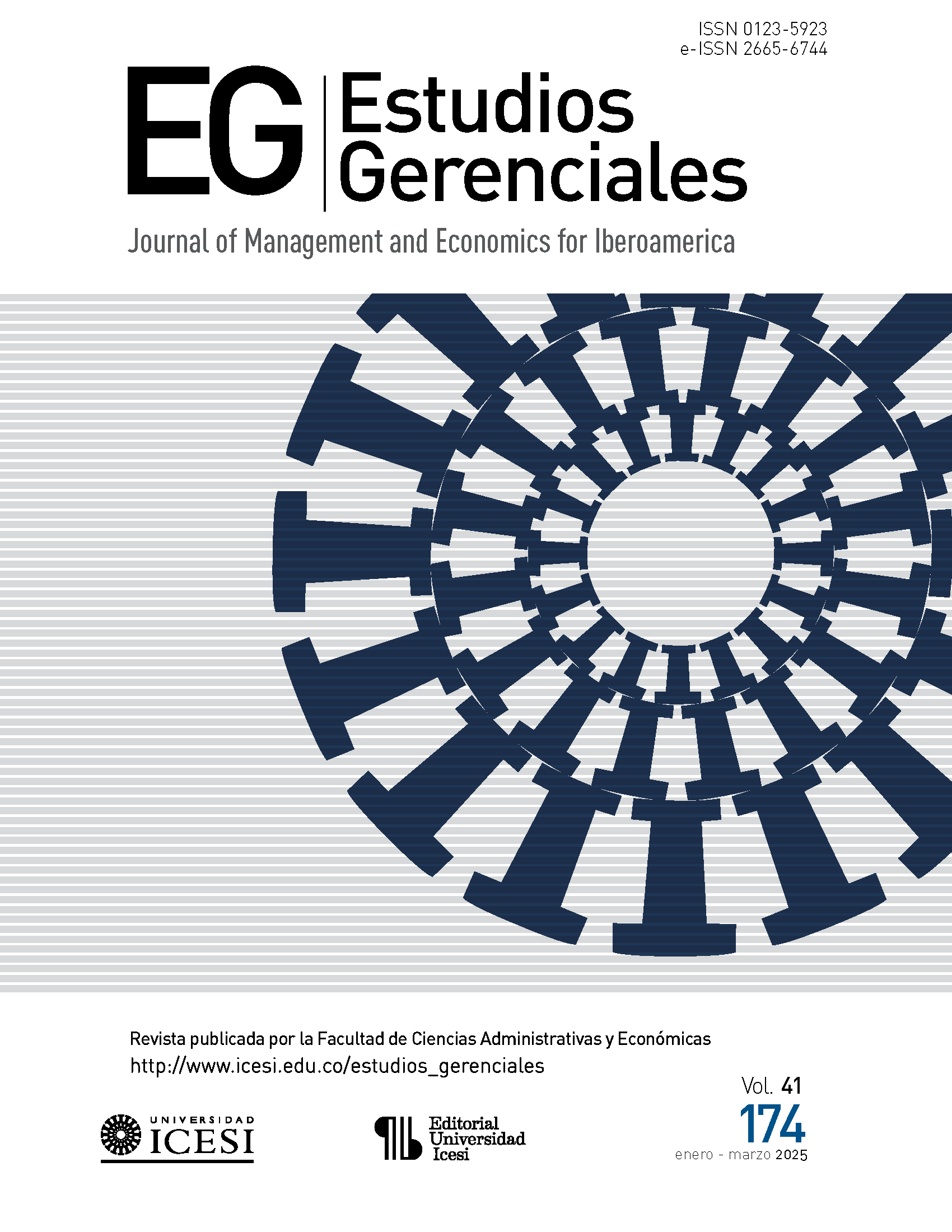Análise espacial das dinâmicas de inclusão financeira e pobreza no México
DOI:
https://doi.org/10.18046/j.estger.2025.174.7245Palavras-chave:
inclusão financeira, pobreza, análise espacial, regressão espacial, desenvolvimento regionalResumo
Este artigo examina a relação entre inclusão financeira e pobreza nos municípios do México, a partir de uma abordagem espacial que permite identificar padrões geográficos e correlações territoriais. Foi construído um índice sintético de inclusão financeira com base nas dimensões de acesso e uso, e foi aplicada uma análise exploratória de dados espaciais para detectar agrupamentos significativos e disparidades regionais. Posteriormente, foi estimado um modelo de regressão espacial com defasagem para analisar a dependência espacial. Os resultados mostram que uma maior inclusão financeira está associada a menores níveis de pobreza, efeito que também se transmite aos municípios vizinhos. Esses achados reforçam a necessidade de políticas públicas com enfoque territorial que promovam infraestrutura financeira em regiões vulneráveis.
Downloads
Downloads
Publicado
Edição
Seção
Licença
Copyright (c) 2025 Estudios Gerenciales

Este trabalho está licenciado sob uma licença Creative Commons Attribution 4.0 International License.
Os autores dos artigos serão responsáveis dos mesmos e, assim, não comprometam os princípios ou políticas da Universidade Icesi nem do Conselho Editorial da revista Estudios Gerenciales. Os autores autorizam e aceitam a transferência de todos os direitos para a revista Estudios Gerenciales para a publicão impressa ou eletrônica. Após a publicação do artigo, pode ser reproduzido sem a permissão do autor ou da revista, se mencionar o(s) autor(es), o ano, o título, o volume e o número e o intervalo de páginas da publicação, e Estudios Gerenciales como fonte (se abster de utilizar Revista Estudios Gerenciales).








